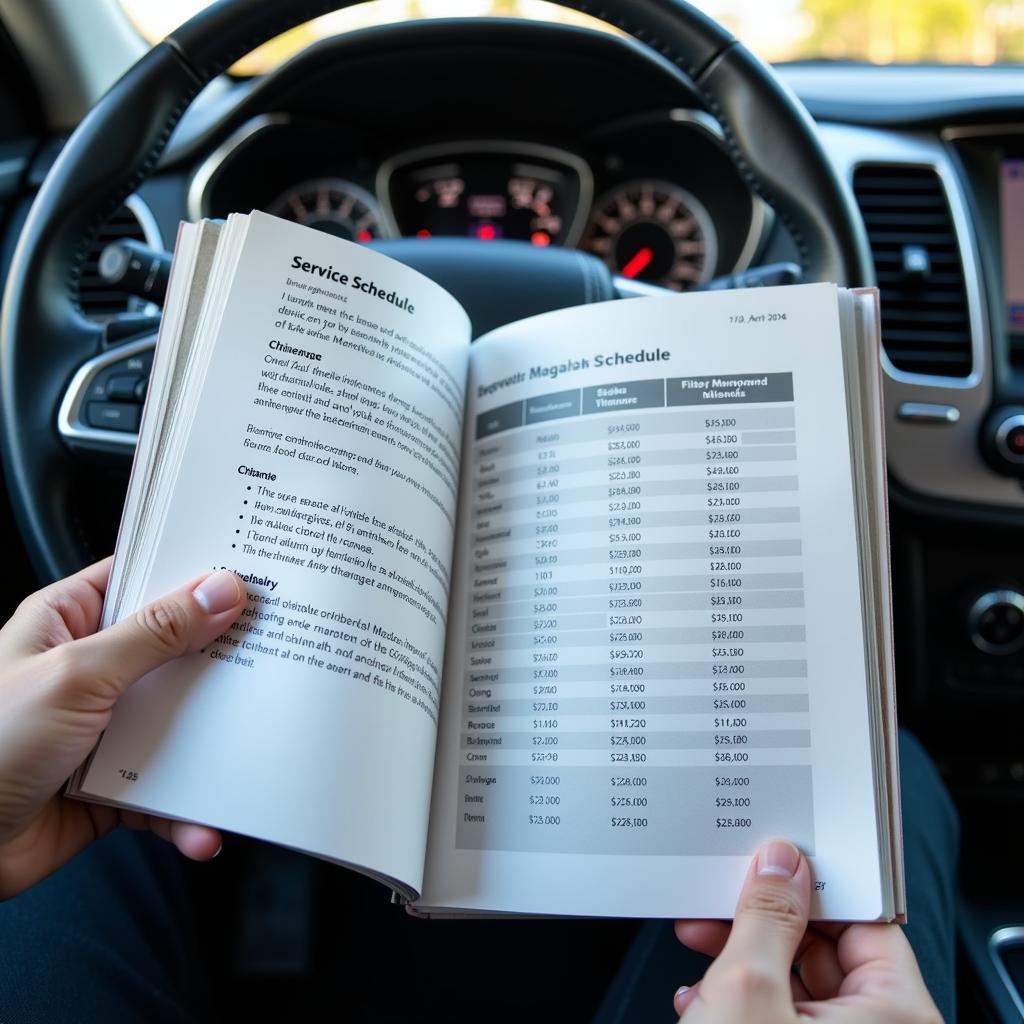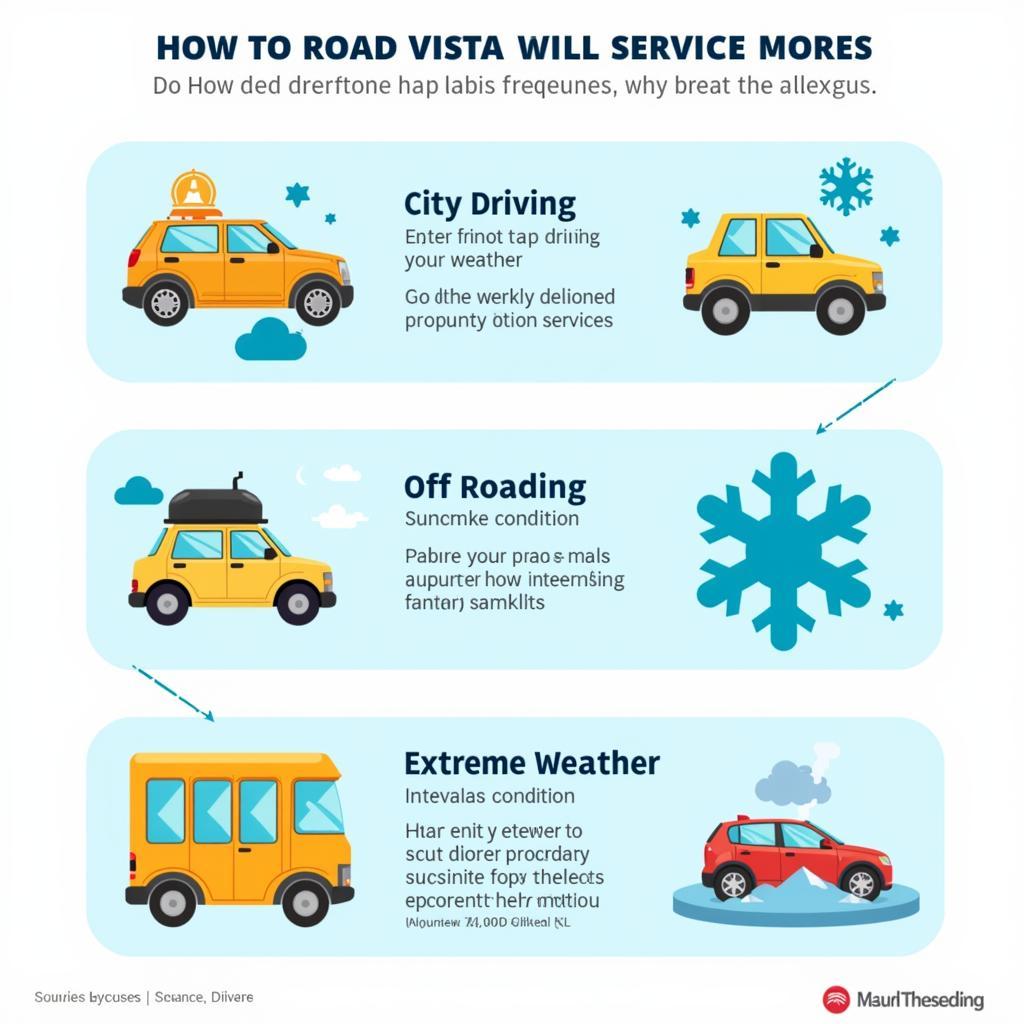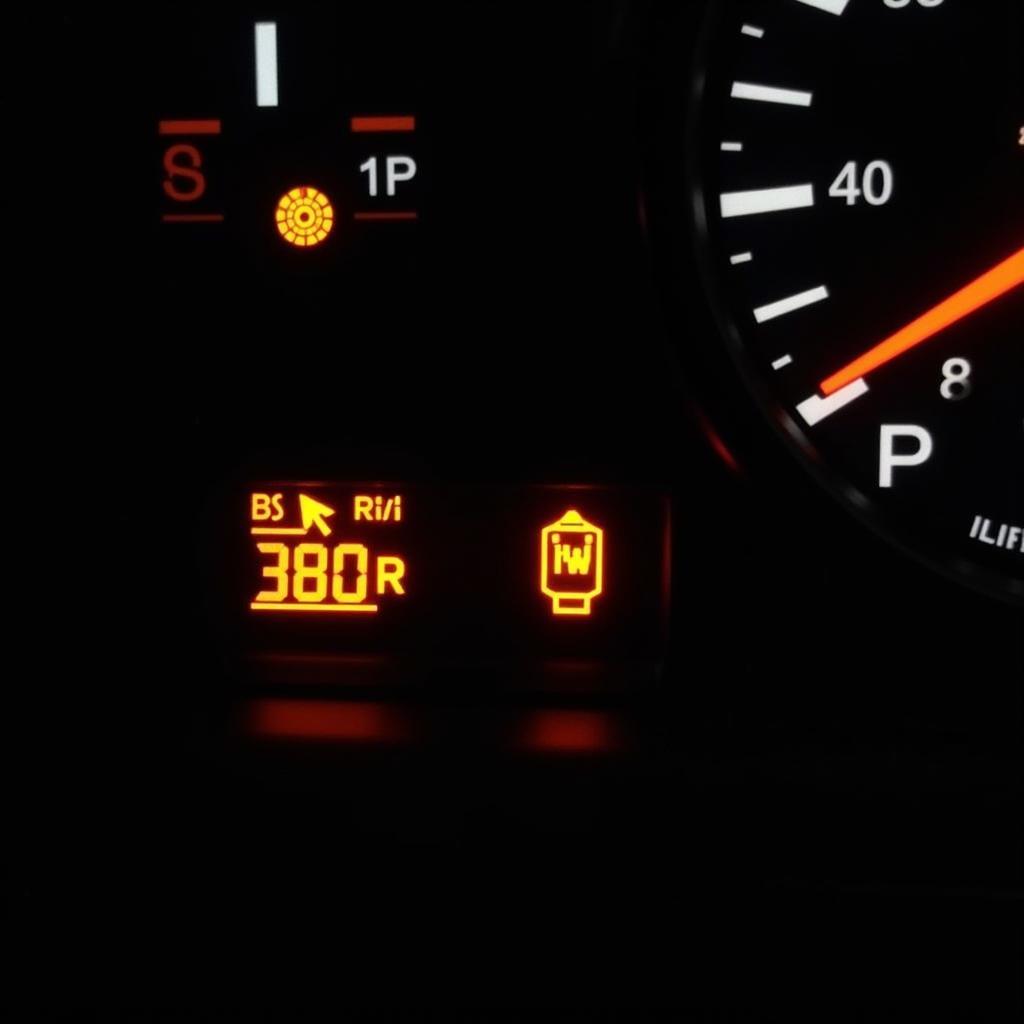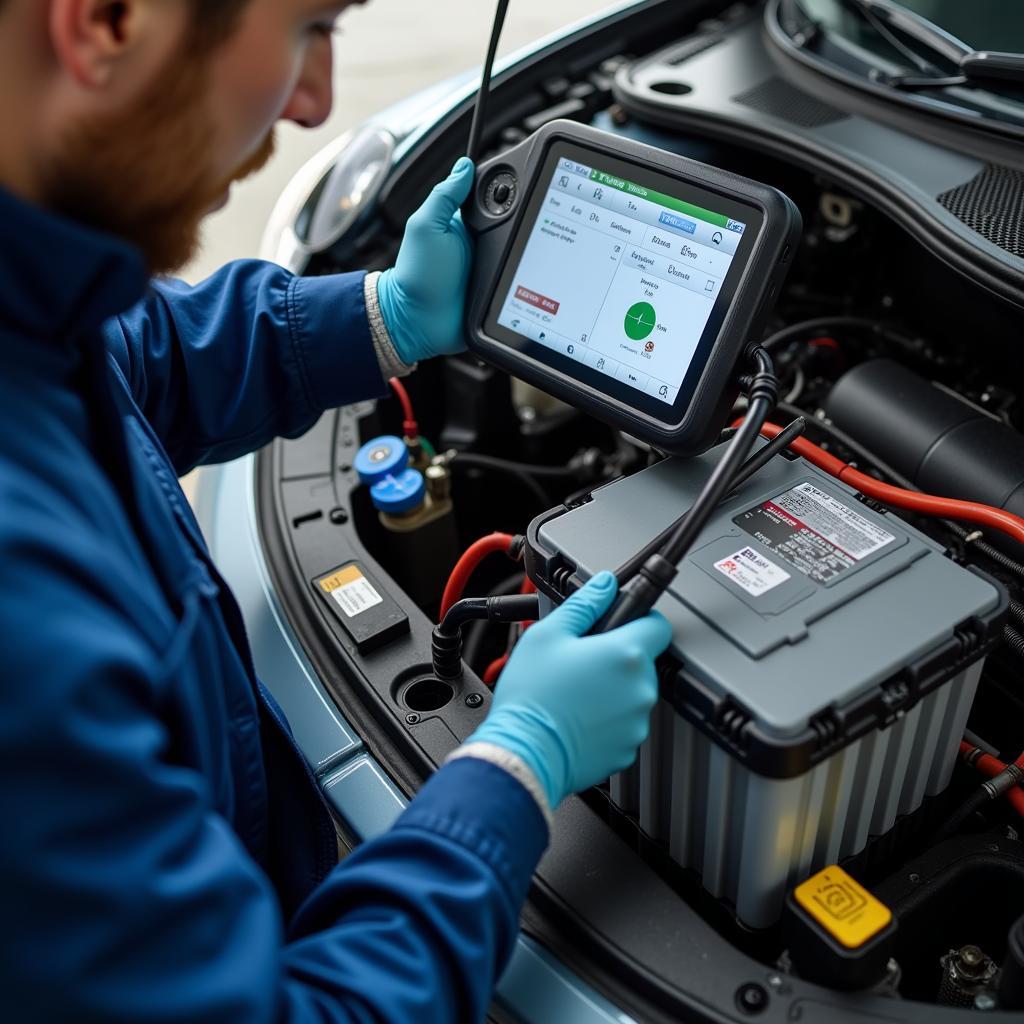When Do I Need to Service My New Car?
Maintaining your new car is crucial for its longevity and performance. Knowing when to service your new car can feel overwhelming with varying manufacturer recommendations and online advice. This guide will clarify everything you need to know about new car servicing, helping you keep your vehicle in top condition and potentially avoid costly repairs down the road. We’ll explore recommended service intervals, the importance of regular maintenance, and answer frequently asked questions to empower you to make informed decisions about your car’s care.
Understanding Your Car’s Service Schedule
Every new car comes with a manufacturer’s recommended service schedule. This schedule outlines the specific maintenance tasks required at certain mileage or time intervals. It’s essential to locate and understand this schedule, usually found in your owner’s manual or on the manufacturer’s website. Following this schedule is vital for maintaining your warranty and ensuring your car performs optimally. Neglecting these scheduled services can lead to premature wear and tear and potentially void your warranty. For further guidance on where to get your car serviced, you might find this article helpful: where should i get my car serviced.
Decoding the Service Schedule
Service schedules are typically based on mileage intervals, such as every 5,000, 10,000, or 15,000 miles. Some manufacturers also include time-based intervals, such as every six months or one year, especially for vehicles driven infrequently. These schedules often categorize services as “minor” or “major,” indicating the extent of the maintenance performed. Understanding these distinctions is important for budgeting and planning your car’s maintenance. Don’t hesitate to contact your dealership or a trusted mechanic if you have any questions about your car’s specific service schedule.
 New Car Service Schedule Example
New Car Service Schedule Example
Factors Affecting Service Intervals
While the manufacturer’s schedule provides a baseline, several factors can influence how often you need to service your new car. Driving conditions play a significant role. Frequent stop-and-go city driving, driving in extreme temperatures, or towing heavy loads can put more stress on your vehicle, requiring more frequent servicing. Similarly, using your car for short trips can also necessitate more frequent oil changes as the engine doesn’t reach optimal operating temperature, leading to moisture buildup.
 Factors Affecting Car Service Intervals
Factors Affecting Car Service Intervals
Beyond the Basics: Additional Maintenance Considerations
Besides the scheduled maintenance outlined in your owner’s manual, there are additional maintenance tasks to keep your new car running smoothly. Regularly checking your tire pressure, fluid levels, and lights can prevent potential problems and ensure your safety. It’s essential to stay proactive and address any unusual noises, vibrations, or warning lights promptly. Early detection and intervention can often prevent minor issues from escalating into major repairs. Considering servicing your own car? This article might be helpful: should you service your own car.
The Importance of Regular Servicing
Regular servicing is more than just routine maintenance; it’s an investment in your car’s long-term health and performance. By adhering to the recommended service schedule, you’re not only protecting your warranty but also ensuring your car operates efficiently, safely, and reliably. Regular maintenance can also improve fuel economy, reduce emissions, and enhance resale value.
“Consistent car servicing is like preventative medicine for your vehicle. It’s much more cost-effective to address small issues before they become major problems,” says automotive expert, John Davis, ASE Certified Master Technician.
Warning Signs: When to Service Your Car Sooner
Even if you diligently follow your car’s service schedule, certain warning signs indicate your car might need attention sooner. These include unusual noises, leaks, vibrations, warning lights on the dashboard, and changes in performance, such as reduced fuel efficiency or sluggish acceleration. Ignoring these signs can lead to more extensive and costly repairs down the line. You can find more information on service light indicators in this article: will car fail mot with service light on.
“Addressing warning signs promptly is crucial. Often, a seemingly minor issue can indicate a more significant underlying problem,” advises automotive consultant, Sarah Miller, with over 20 years of experience in the automotive industry.
 Car Dashboard Warning Lights
Car Dashboard Warning Lights
Conclusion
Knowing when to service your new car is essential for its longevity and optimal performance. By following the manufacturer’s recommended service schedule and being attentive to warning signs, you can ensure your vehicle stays in top condition. Regular servicing not only protects your investment but also provides peace of mind, knowing your car is safe and reliable. When do I need to get my new car serviced? The answer is: consult your owner’s manual and listen to your car. For more specific information on new car servicing schedules, check out this resource: when do i need to get my new car serviced.
FAQ
-
What is included in a basic car service? A basic service typically includes an oil change, filter replacement (oil, air, and cabin), and a multi-point inspection.
-
How often should I change my car’s oil? Refer to your owner’s manual for the specific recommendation, but generally, it’s every 5,000-7,500 miles for conventional oil and 7,500-10,000 miles for synthetic oil.
-
What does a service light indicate? A service light can indicate various things, from a simple reminder for routine maintenance to a more serious issue requiring immediate attention.
-
Can I service my new car myself? While some basic maintenance tasks can be performed at home, it’s generally recommended to have your car serviced by a qualified mechanic, especially during the warranty period.
-
What happens if I don’t follow the recommended service schedule? Not following the recommended service schedule can void your warranty and potentially lead to premature wear and tear, resulting in costly repairs.
Need more help? Contact us via WhatsApp: +1(641)206-8880, or Email: [email protected]. Our customer service team is available 24/7.

